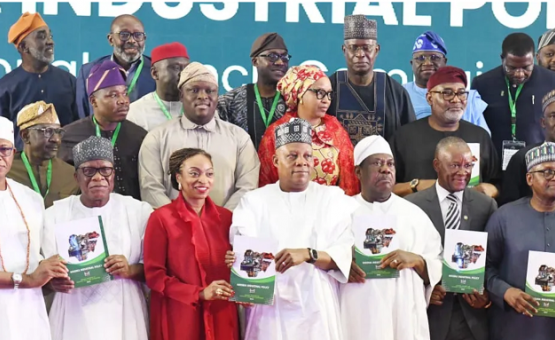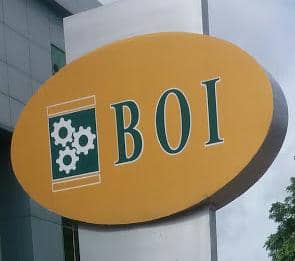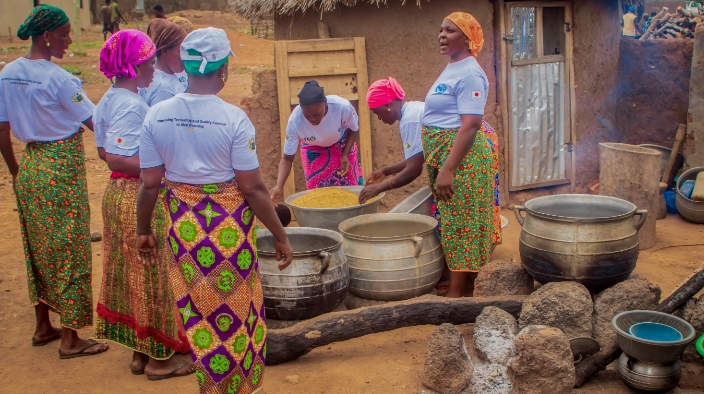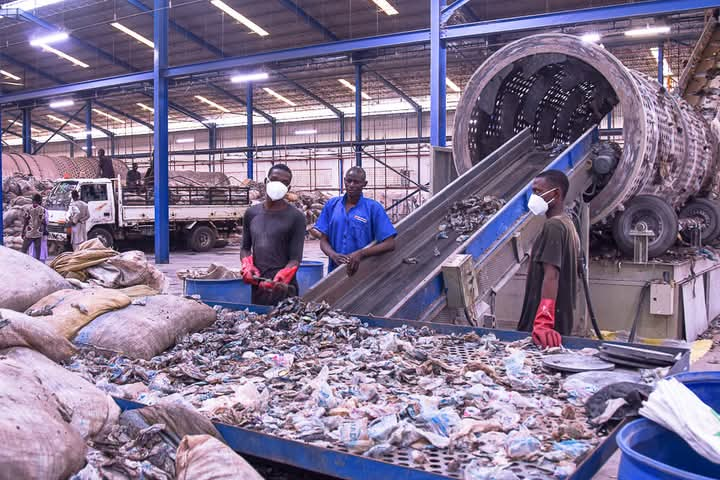- Amadu Fouzia stands at the helm of the Suglo Viela Rice Parboiling Group, a cooperative of 25 women in Ghana’s Mion District who have been parboiling rice for decades.
Despite their hard work, they often watched their efforts fall short of expectations.
The rice they processed was frequently rejected by buyers; it was discoloured, filled with stones, and lacking the polished quality customers preferred.
“We didn’t have the knowledge or the right tools,” Amadu recalls. “We were doing our best with what we had, but we couldn’t compete in the market.”
That changed with the arrival of the ITEQ Rice Project, implemented by UNIDO. Through intensive hands-on training, the women learned how to properly clean, steam, and dry paddy rice; essential steps that significantly elevated the quality of their parboiled product. Suddenly, their rice looked better, cooked better, and most importantly, sold better. But training wasn’t the only game-changer: the project also equipped the group with essential machinery, including a destoner to remove impurities and a grader to classify rice by quality. For the first time, the women could produce high-grade rice fit for premium markets. This opened up access to new buyers, increased their profits, and expanded their market reach from the local community to urban centres like Tamale.
Before, we spent hours picking out stones and foreign materials by hand,” Amadu shares. “It was tiring and time-consuming. Now, machines do that for us.”
The most transformative tool was the AI-powered optical colour sorter, a cutting-edge device that uses artificial intelligence and computer vision to identify and remove discoloured or defective grains in real time.
This technology, once unimaginable in their rural setting, has allowed the group to process rice faster, more accurately, and at a much higher standard.
With less time spent on laborious sorting, the women now devote those hours to other productive activities. Their increased income supports not just their households but their wider community as well.
“Today, people admire what we’ve built,” says Amadu. “We are no longer just rice processors, we are businesswomen, leaders, and changemakers in Mion.”
Backed by the UNIDO ITEQ Rice Project and advanced by AI-driven innovation, the Suglo Viela group is proof that with the right support, rural women can transform tradition into opportunity and resilience into economic empowerment.









